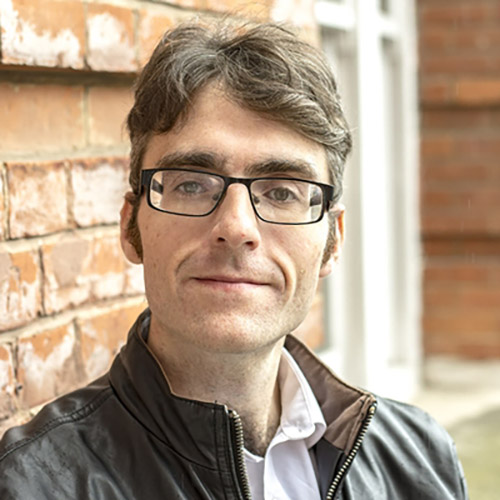Key details
Dr Conor Walsh
Environmental Scientist
Between 2005 and 2009 I undertook a PhD in the University of Limerick in applying and modifying a land-based indicator of sustainability; the ecological footprint which was undertaking a standardisation process. This work culminated in being involved in a joint publication with global practitioners (including concept founder Mathis Wackernagel) on establishing a research agenda. In particular, this research proposed a methodological system for incorporating methane into the standardised ecological footprint calculation methodology. In addition, this work examined the role of commuter choice on emissions including (in collaboration with sport scientists) a novel method for accounting the impacts of cycling. This resulted in a publication on transport emissions resulted in an interview being published in the Irish Times. Upon graduation, I was briefly involved in post-doctoral in the same institution work at the same university examining the feasibility (or lack thereof) of open-air pools for the production of algae for the purposes of generating feedstocks for bio-fuel production.
Following on from this I undertook an extended period of post-doctoral studies at the University of Manchester across a number of different topics, primarily examining the role of the shipping sector in the UK and Global Emission budgets. In the first instance, this a project funded through the Engineering and Physical Sciences Research Council (EPSRC) was associated with the development of scenarios of UK trade including the effect of domestic decarbonisation on shipping emissions. This led on to involvement in a large-scale consortium project led by University College London, including Newcastle University, and the University of Sheffield. This was a large-scale project incorporating a range of distinct methodologies across multiple disciplines in order to generate scenarios of global trade and shipping emissions. In particular, I worked closely with economists in UCL to develop a hybrid method for the generation of trade scenarios linking material flow analysis and econometric methodologies. This work in collaboration with experts on trade, resulted in a suite of trade scenarios that are more conservative that pre-existing studies in terms of the extent to which trade is likely to grow in the near future; presenting a cautionary tale on the potential impact of climate change on export surplus etc. This work also led to me taking a consultative role in a related project by Chatham house on bottlenecks across trade routes. Within this project, I was also involved in a study lifecycle assessment (LCA) study of the upstream emissions associated with the production and processing of marine fuel before it is even combusted onboard a vessel. During this period, I was also involved in an LCA study examining the environmental and economic impacts of recovering low-grade heat from industrial processes.
My current position involves leading an MSc programme entitled 'Global Environmental Change' based on the land/water/climate nexus, emphasising the relevance of global processes to local decisions. I deliver a module on the development and of use of quantitative environmental indicators such as ecological and carbon footprints. I have also been involved in teaching in the BSc Environmental Science programme on topics such as environmental sampling and sustainability policies.
A full staff profile can be seen on the Natural Resources Institute website.
